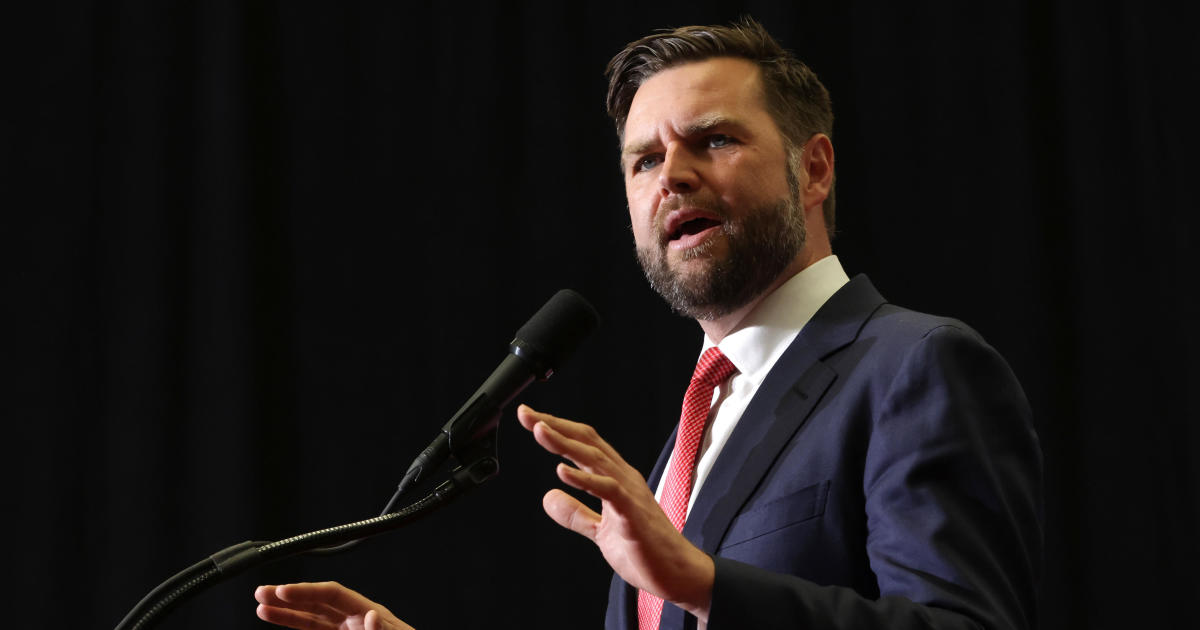JD Vance, the Republican vice presidential nominee, found himself in hot water after his controversial comments about “childless cat ladies” resurfaced this week. In an interview on “The Megyn Kelly Show” podcast, Vance defended his remarks, stating that they were intended as sarcastic and not meant to be taken literally.
Vance clarified that his comments were not a personal attack on individuals who do not have children, but rather a critique of what he sees as a societal trend of devaluing parenthood. He argued that the Democratic Party, in particular, has become increasingly anti-family and anti-child, pointing to prominent figures like Kamala Harris, Pete Buttigieg, and AOC as examples of leaders without children.
The controversy surrounding Vance’s comments escalated when actress Jennifer Aniston weighed in, criticizing Vance for his views on reproductive rights. Aniston expressed hope that Vance’s own daughter would not face fertility struggles and accused him of trying to restrict access to IVF treatments.
Vance pushed back against Aniston’s remarks, labeling them as “disgusting” and emphasizing his belief in the importance of family and parenthood. He emphasized that if his daughter were to experience fertility issues, he would do everything in his power to support her in starting a family.
The roots of Vance’s controversial statements can be traced back to a conversation he had with his wife, Usha, about the pressures and obstacles faced by working mothers. Reflecting on the societal expectations placed on women in the workforce, Vance highlighted the dilemma faced by many mothers who feel compelled to choose between their careers and having more children.
Despite the backlash, Vance stood by his assertion that having children is a positive and transformative experience that shapes one’s worldview. He underscored the value of family and the importance of supporting individuals in their choices around starting a family.
In a speech at the Intercollegiate Studies Institute in 2021, Vance reiterated his stance on the issue, clarifying that his criticism was not directed at individuals who are unable to have children for medical or biological reasons. He emphasized that his concerns lie with the broader societal shifts that he believes are undermining the traditional family structure.
Vance’s comments have sparked a broader conversation about the intersection of politics, gender, and family dynamics. Critics argue that his remarks perpetuate harmful stereotypes and overlook the complexities of individual choices around family planning and reproduction.
As the backlash continues to swirl around Vance, he remains steadfast in his defense of his comments, framing them as a critique of broader societal trends rather than personal attacks. The controversy serves as a reminder of the ongoing debates surrounding gender, family, and political ideology in American society.









